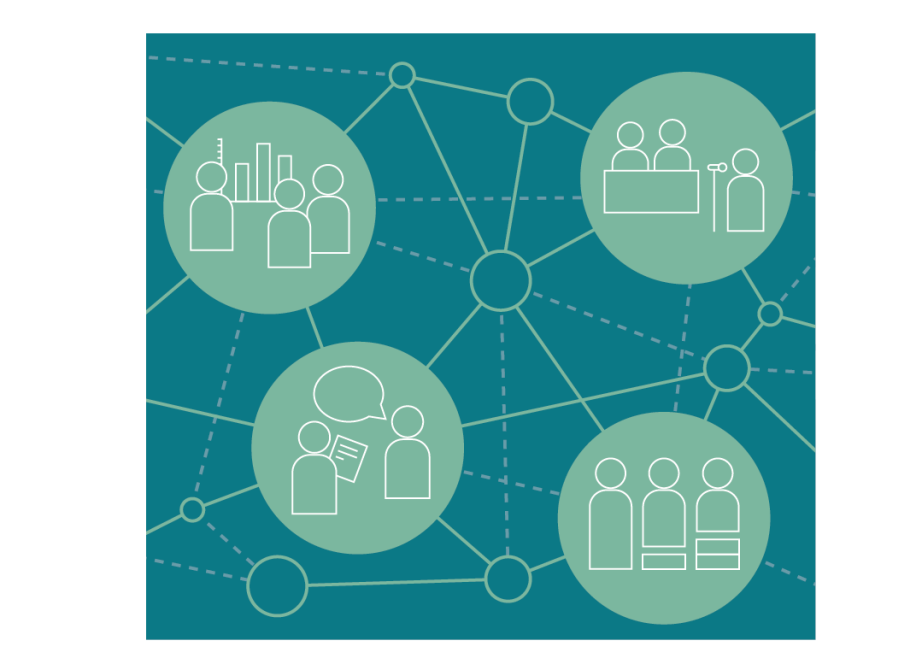Public health and commercial tobacco prevention practitioners have increasingly centered equity in policy development to ensure that policies to combat commercial tobacco–related harms do not unintentionally perpetuate or exacerbate health disparities. This shift includes efforts to improve evaluation activities to better measure health equity impacts related both to outcomes and to how the policy was developed and implemented.
ChangeLab Solutions provides equity-focused resources across the point-of-sale (retail-oriented) policy process — for example, information on local decision makers’ ability (or authority) to create or change policies; community-centered health equity assessments; policy selection, development, and adoption; implementation and enforcement; and, in this tool, for policy evaluation planning and implementation.
Three principles underlie the equity approaches in these resources:
- Building partnerships between community members and policymakers
- Carefully gathering, applying, and sharing data
- Framing our work using fairness and systems thinking
Partnerships, data, and messaging are all foundational ways that each step of the policy process can center community.
The lists of sample metrics in this resource provide local policymakers, public health practitioners, and community groups with a foundation for further conversation about how we measure the community impact of the policy process. These non-exhaustive lists stem from research across the field of public health; only some correspond to existing examples in commercial tobacco. In time, we hope to share examples of each metric at work and to update the research as we continue to learn from our partners.
The lists and accompanying research in this tool aim to provide . . .
- Inspiration for new and deeper partnerships throughout the policy process — for example, between local decision makers, partner agencies, community-based organizations, health care partners, other service providers, and residents
- Data metrics and supporting evidence to help ground and inspire new approaches to evaluating the policy process
- Avenues for building a network of communities that are making this shift in their approaches to evaluation provisions and plans
Get Started
Learn more about our equitable approach to evaluation for commercial tobacco prevention at the point of sale. Then, explore our lists of sample metrics for measuring the community impacts of policy partnership in four areas. Everything presented in this tool can also be downloaded in a single guide that includes all of the metrics as well as space for notes.
Note: We recognize the important role of ceremonial and traditional uses of tobacco in many Indigenous communities. This resource is intended to address commercial tobacco, not tobacco products used as part of an Indigenous practice or other recognized religious or spiritual ceremonies or practices. All references to tobacco and tobacco products in this document refer to commercial tobacco.
This resource was supported by Cooperative Agreement Number NU38OT000307 awarded to ChangeLab Solutions and funded by the Centers for Disease Control and Prevention of the US Department of Health and Human Services (HHS). The views expressed in written materials or publications do not necessarily reflect the official policies of HHS, nor does the mention of trade names, commercial practices, or organizations imply endorsement by the US Government.
